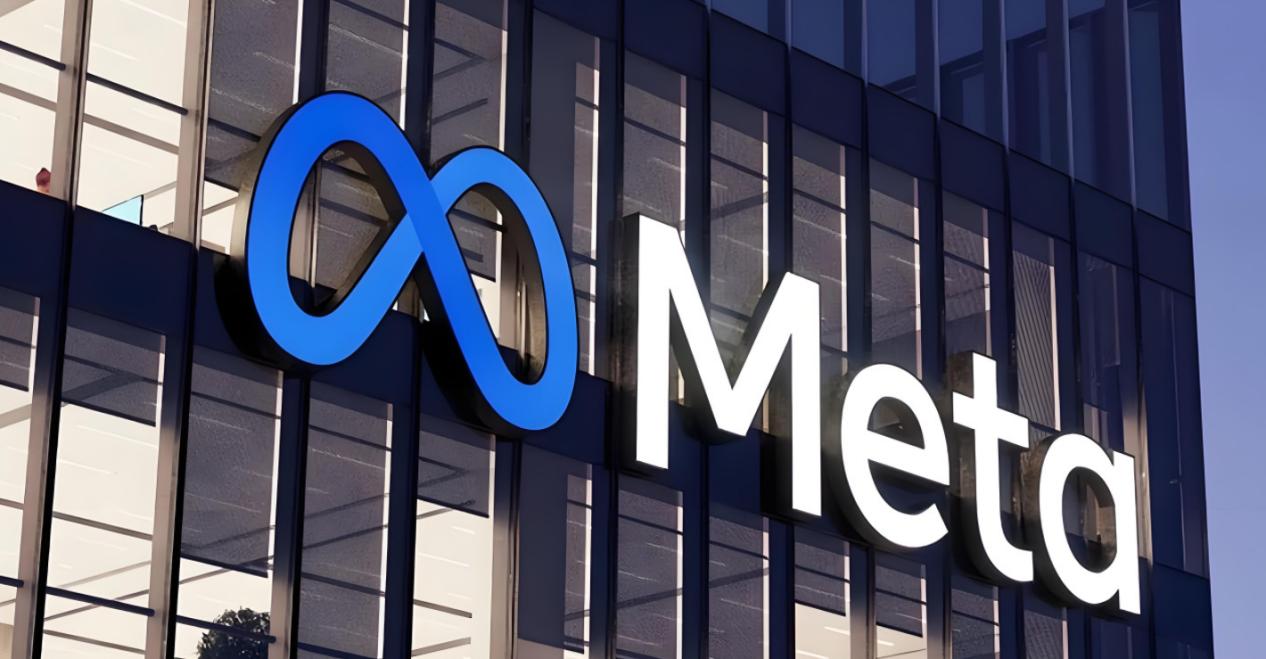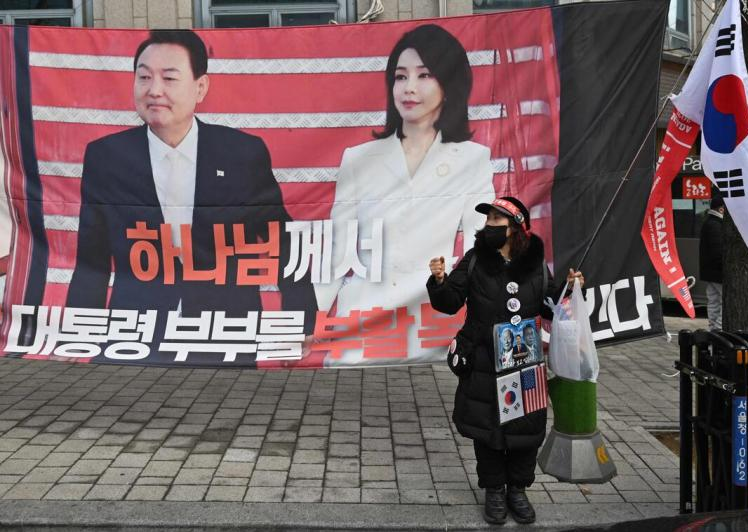
Recently, a trial in a federal court in Washington, D.C., which was dubbed by the media as a "landmark lawsuit of the digital age," began. The plaintiff is the Federal Trade Commission (FTC) of the United States, while the defendant is the global social media giant Meta (formerly Facebook). The core of this lawsuit is aimed at Meta's "stranglehold mergers" implemented over a decade ago through the acquisition of Instagram and WhatsApp. The FTC has requested the court to forcibly split these core businesses. If lost, Meta will face the most severe challenge in the company's history.
The FTC's accusations are full of gunpowder. In 2012 and 2014, Meta acquired Instagram and WhatsApp for $1 billion and $19 billion respectively, not for normal business expansion needs, but to consolidate its monopoly position in the social media field by "surrounding" potential competitors. In his opening statement, FTC Chief Trial Counsel Daniel Matheson cited the tradition of antitrust law in the United States, emphasizing that "market competition is the source of innovation," and Meta's actions "strangle this source. To support this claim, the FTC cited multiple pieces of evidence, including an internal email from Meta CEO Mark Zuckerberg in 2012, in which he wrote, "The acquisition of Instagram was to suppress potential competitors." In addition, the FTC pointed out that the surge in advertising push for Meta's apps has led to a decline in user experience, while user privacy protection mechanisms continue to weaken.
Meta strongly refuted the argument, and its legal team emphasized on the first day of the trial that Meta is facing fierce competition from multiple platforms such as TikTok, Snapchat, YouTube, and is not a monopolist. The acquisition of Instagram and WhatsApp is aimed at enhancing user experience, integrating services, rather than eliminating competition. Meanwhile, Meta's lawyer also pointed out that these acquisitions had been approved by regulatory agencies more than a decade ago, and the FTC's lawsuit is a fundamental doubt about the existing merger and acquisition review system.
The trial is expected to last for two months, with the core controversies surrounding how to define the "personal social networking market" and whether Meta's acquisition of Instagram and WhatsApp was primarily aimed at eliminating competition. If Meta loses the lawsuit, the court will determine what remedial measures to take, such as splitting, selling the business, or restricting data sharing. The testimony of Meta CEO Mark Zuckerberg and former executive Sherry Sandberg in court is particularly crucial, as their testimony may involve Meta's integration strategy and market competition analysis after the merger.
If the court ultimately rules against Meta and forcibly splits Instagram and WhatsApp, the impact will be far-reaching. Meta's current market value is approximately $1.3 trillion, with Instagram contributing nearly half of its advertising revenue. If this' profit engine 'is lost, its market value may plummet by hundreds of billions of dollars. In addition, the cross platform collaboration system that Meta has built over the past decade will collapse, and core advantages such as user data sharing and precise advertising placement will be impacted. The global digital consumer market will also experience a power vacuum, and small social media companies may rise, while Meta needs to reposition its core business.
However, Meta is not without countermeasures. Its legal team has repeatedly emphasized that forced splitting will trigger a "chilling effect" and undermine the innovation enthusiasm of technology companies. At the same time, Meta is accelerating its layout in the metaverse and AI fields, attempting to diversify risks through new business lines. Behind the case, political factors are also lurking. Zuckerberg lobbied on this case during the Trump administration, but failed to gain clear support. After the 2024 election, Zuckerberg donated millions of dollars to Trump's inauguration fund and appointed his allies to Meta's board, sparking speculation about the outcome of political interference in the judiciary.
This case is not only a barometer for the US technology industry, but may also trigger a chain reaction among global regulatory agencies. The European Union has introduced the Digital Markets Act (DMA) to investigate large technology companies; China is also strengthening anti-monopoly supervision and has recently imposed fines on companies such as Alibaba and Tencent. If Meta loses the lawsuit, global tech giants will face stricter merger and acquisition reviews, and companies will need to reassess their expansion strategies to avoid the risk of "stifling mergers and acquisitions". At the same time, this may also give rise to more innovative enterprises, driving market competition and technological progress.
Every step forward in this lawsuit will affect the nerves of the global digital market. For Meta, this is both a challenge and an opportunity. If self reform can be achieved in a crisis, it may usher in the next era of growth; If it is split, it may become a thought-provoking footnote in the history of technology. In the wave of globalization and digitization, how to balance the interests of enterprises, user rights, and social welfare is still an urgent problem to be solved.

A bill aimed at further investigating the corruption case involving former President Yoon Suk Yeol and his wife was approved by the State Council on Tuesday (January 20th).
A bill aimed at further investigating the corruption case i…
The government of Moldova, an inland country in Eastern Eur…
Israel has dispatched bulldozers to start dismantling the h…
French President Macron said that France places greater emp…
European leaders have distanced themselves from US Presiden…
According to Steve Witkov, the US special envoy for the Mid…